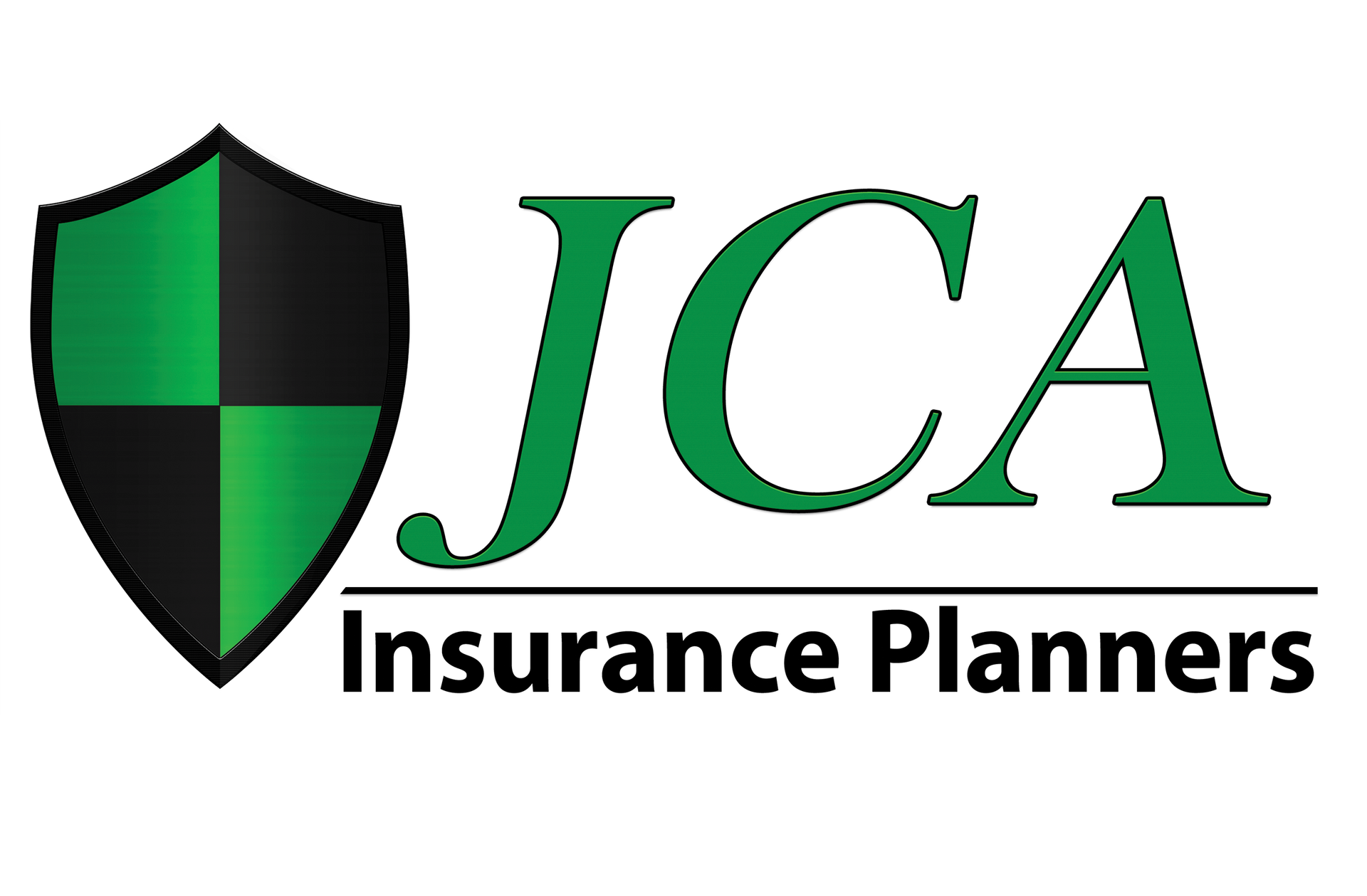Your Trusted Partner for Property Insurance Solutions
At JCA Insurance Planners,
we're dedicated to helping you protect your home, car, and belongings with the best insurance coverage at the right price. Our team offers personalized, expert advice to ensure your insurance policies are tailored to your needs and budget. Whether it’s homeowners' insurance, auto coverage, or flood protection, we’re here to guide you every step of the way. We help you protect your property against extreme weather, vandalism, and other damaging situations.
Homeowners Insurance
Affordable, reliable, and comprehensive—our homeowners insurance policies protect your home and everything inside from unexpected events like weather damage, theft, and more. We’ll help you choose the coverage that fits your life, ensuring your family’s financial security.
Key Coverages:
- Property Damage: Protects your home from fire, theft, vandalism, and more.
- Liability Coverage: Shields you from legal fees if someone is injured or their property is damaged at your home.
- Medical Payments: Covers medical expenses for injuries to others on your property.
- Additional Living Expenses: Helps with temporary living costs if your home becomes uninhabitable.
Automobile Insurance
Whether you need basic liability or full coverage, JCA Insurance Planners will find the right auto insurance for your needs. From protecting you in an accident to helping with rental car expenses, we offer comprehensive coverage that keeps you safe on the road.
Key Coverages:
- Bodily Injury & Property Damage Liability: Covers accidents causing injury or property damage.
- Uninsured/Underinsured Motorist: Protects you if the at-fault driver lacks insurance or coverage.
- Collision & Comprehensive: Pays for repairs or replacement of your vehicle after an accident or non-collision damage.
- Medical & Loss of Income Benefits: Covers medical costs and lost wages after an accident.
- Transportation Expenses: Helps with rental car costs if your vehicle is out of commission.
Flood Insurance
Flooding can happen anywhere, even if you're not in a designated flood zone. JCA Insurance Planners offers comprehensive flood insurance to safeguard your property and belongings from unexpected water damage. Protect your home and enjoy peace of mind, no matter the storm. We understand that floods can happen anywhere—whether you're in a designated flood zone or not. No one is fully prepared for the devastation a flood can cause, but with the right flood insurance, you can protect your home, property, and belongings from the unexpected.
Key Coverages:
- Structural Damage: Repairs to your home or building caused by water entering through the foundation, roof, or walls.
- Personal Property: Damage to or loss of furniture, electronics, and other belongings due to flooding.
- Basement Flooding: Coverage for damage caused by floodwaters in your basement, including appliances, flooring, and walls.
Why You Need Flood Insurance
Floods are one of the most common natural disasters, and they can happen without warning. Even if you're not in a high-risk flood zone, heavy rains, snowmelt, or even local drainage issues can lead to significant water damage. Standard homeowner’s insurance policies typically don’t cover flood damage, making it crucial to add flood insurance to your coverage plan.
For further information about our homeowners' insurance policies, call (703) 727-2929.
